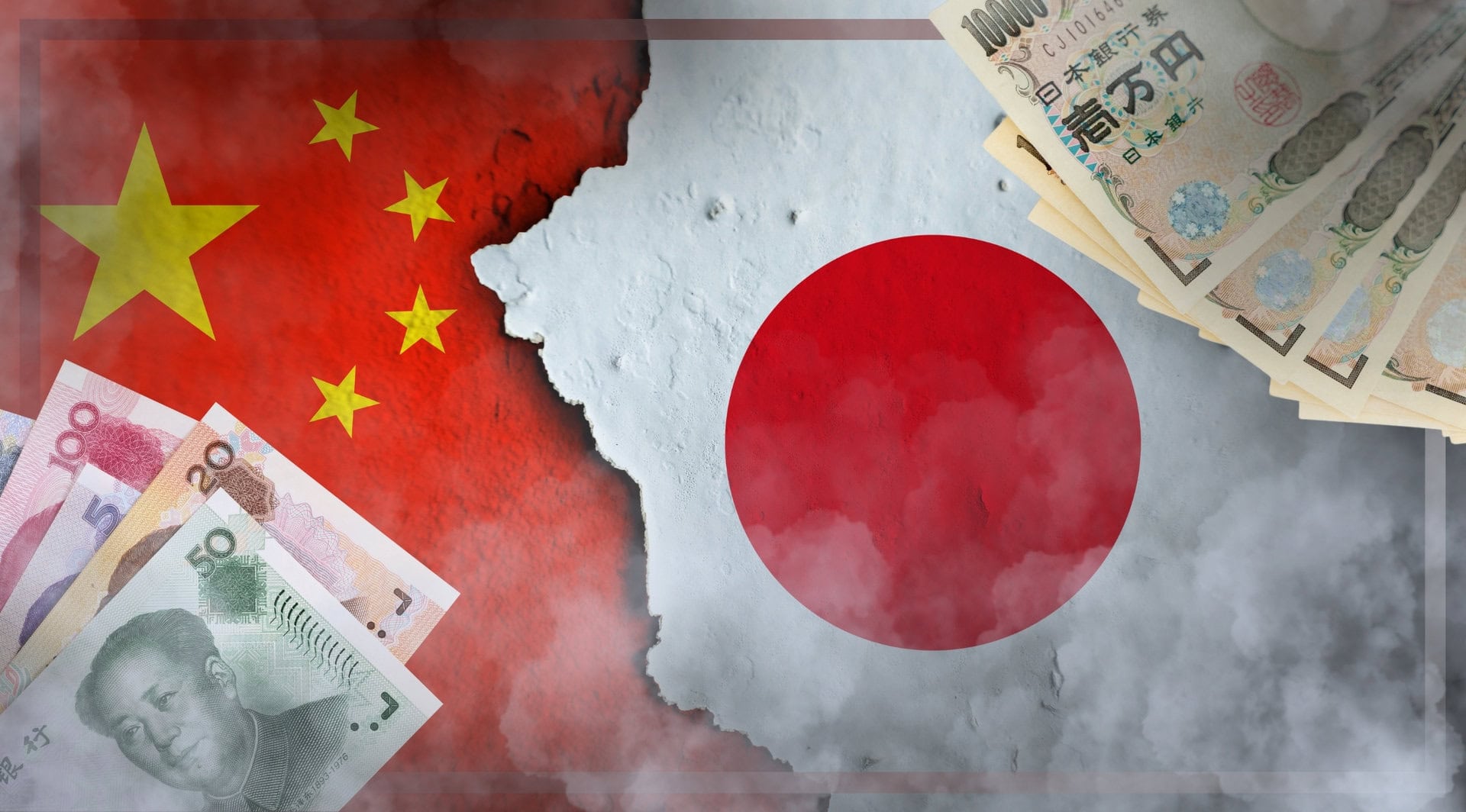“We are seeing liquidity being withdrawn, much more frequent rotations are happening as no new money is flowing in. We’re seeing net sells every day. However, Taiwan is growing.”
So says a quant trader at a prominent asset management firm in Hong Kong, who wished to remain anonymous given political and commercial sensitivities. A trader who focuses on onshore China and offshore Hong Kong markets, he told Disruption Banking that “a lot more of the big names are entering the Taiwanese market, with lots of money also flowing into Asian emerging markets and Japan.”
“This is mainly because of deteriorating China-US ties and the geopolitical risk that is now associated with Chinese markets, as well as the continuing loss of interest due to Chinese companies, particularly in the property market, defaulting on their bonds offshore,” he added.
While the quantitative trading industry across Asia generally remains in a relatively early stage of growth, the space has traditionally been dominated by the usual suspects in Asian finance: Singapore, Hong Kong, and to a lesser extent, the giants of Southern China such as Shanghai and Shenzhen. Other capitals, such as Beijing and Seoul, are also on the rise.
The launch of the #Beijing Stock Exchange in November 2021 has encouraged “China’s economic centre of gravity to shift to Beijing.” #Quant traders are taking note.https://t.co/VEiCjHuRXW
— #DisruptionBanking (@DisruptionBank) October 12, 2023
The overall picture for Taiwanese finance and banking reveals a market that is robust yet vibrant. As of last year, the banking sector in Taiwan had a combined $2.5 trillion in assets under management. The island is home to almost forty independent banks, driving strong levels of competition.
The country’s banking and financial system is one of the most secure in the world: non-performing loan (NPL) ratios are the lowest in the world, according to the World Economic Forum, at below 0.5%. Taiwan is home to under 25 million people yet is still Asia’s fifth biggest economy in terms of both GDP and purchasing power.
With global financial institutions, brokerages, and trading houses reconsidering their exposure to China in light of geopolitical tensions and sluggish growth, could Taiwan take advantage?
Taiwan bourse launches ETF portal as investor demand surges https://t.co/SRqgbiEwCB
— Finance News (@ftfinancenews) August 22, 2023
Jack Huang, a quantitative researcher and trader based in Taipei, told Disruption Banking that an increasing number of quant trading firms are considering Taiwan as a base for their operations in Asia. One simple reason for this is that the cost of labour, even for highly skilled professionals in finance and technology, is significantly lower than in other Asian markets. From a pricing perspective, Taipei is extremely competitive.
“The pay in Taiwan compared to salaries in Hong Kong or Singapore, let alone Europe or the United States, is much lower. I would estimate that salaries are at least three times lower in Taiwan for the same roles,” Huang said. Similar trends can be seen in similar markets that are only beginning to develop their quant markets, such as Seoul. An entry level quantitative analyst in Taiwan can expect to earn a salary of around $40,000 compared to well over $100,000 in Singapore.
However, it is not just competitive pricing that is making Taiwan attractive for brokers and quant trading houses. Wei-Yu Tseng, quant trader in crypto, securities, and foreign exchange markets at BlablaBlock in Taipei, believes that the country’s “very strong market for artificial intelligence and machine learning technologies, and other advanced tech, could be the bedrock of a growing quant space.”
It is certainly the case that Taiwan has long had a strong history in the development of such technologies. Taiwan is already a global hub for AI and is arguably second only to the US for AI production. The crucial role the country plays in global supply chains for the most advanced technology has become clear in recent months as government have woken up to the possibility of China seizing its chip manufacturing capacities. A recent Reuters report noted that “the island is on the verge of mass production of the world’s first 3nm chip(2), the cutting-edge tool that will power next-generation edge AI products.”
🇹🇼 Taiwan’s exports rise for first time in 13 months amid huge AI chip demand, mainland China trade uptick.
— PiQ (@PiQSuite) October 11, 2023
Full Story → https://t.co/hkbocBTcJf pic.twitter.com/SEJ2YFho6n
Taiwan’s strong AI market is highly beneficial to its developments as a hub for quants as traders are increasingly looking to the technology to maximise returns. AI-powered trading tools are able to analyse real-time market data and make rapid trading decisions. Machine learning techniques can help identify patterns in market movements and execute trades at ultra-high speed, allowing firms to capitalise on momentary fluctuations in prices. As AI becomes more and more important to quant trading, could Taiwan be set to benefit?
Huang certainly thinks this is possible – not least because of the solid infrastructure and “friendly regulatory environment” the island offers the high-tech, and indeed finance, industry.
“I would also point out that the talent in Taiwan for AI and other similar technologies is second to none,” Huang said. “The best universities in Taiwan all focus on computer science, electrical engineering, coding, and mathematics. Top universities offer the best talent for companies looking to engage in high-frequency and algorithmic trading.”
Nvidia to turn Taiwan into a world-class AI hub https://t.co/wy8i3FM2Hz pic.twitter.com/6ei6WCC49f
— Asia Times (@asiatimesonline) May 30, 2023
The importance of AI, machine learning, and innovative technologies is highly likely to grow further in the years to come. Traders are already recognising its potential to drive elevated returns: almost 75% of traders said in a recent survey they would benefit from using AI and machine trading tools to detect patterns and predict price movements. They may well look to the products and services available in Taiwan to obtain those tools.
Author: Harry Clynch
#Taiwan #Taipei #Asia #Quants #AI #MachineLearning















